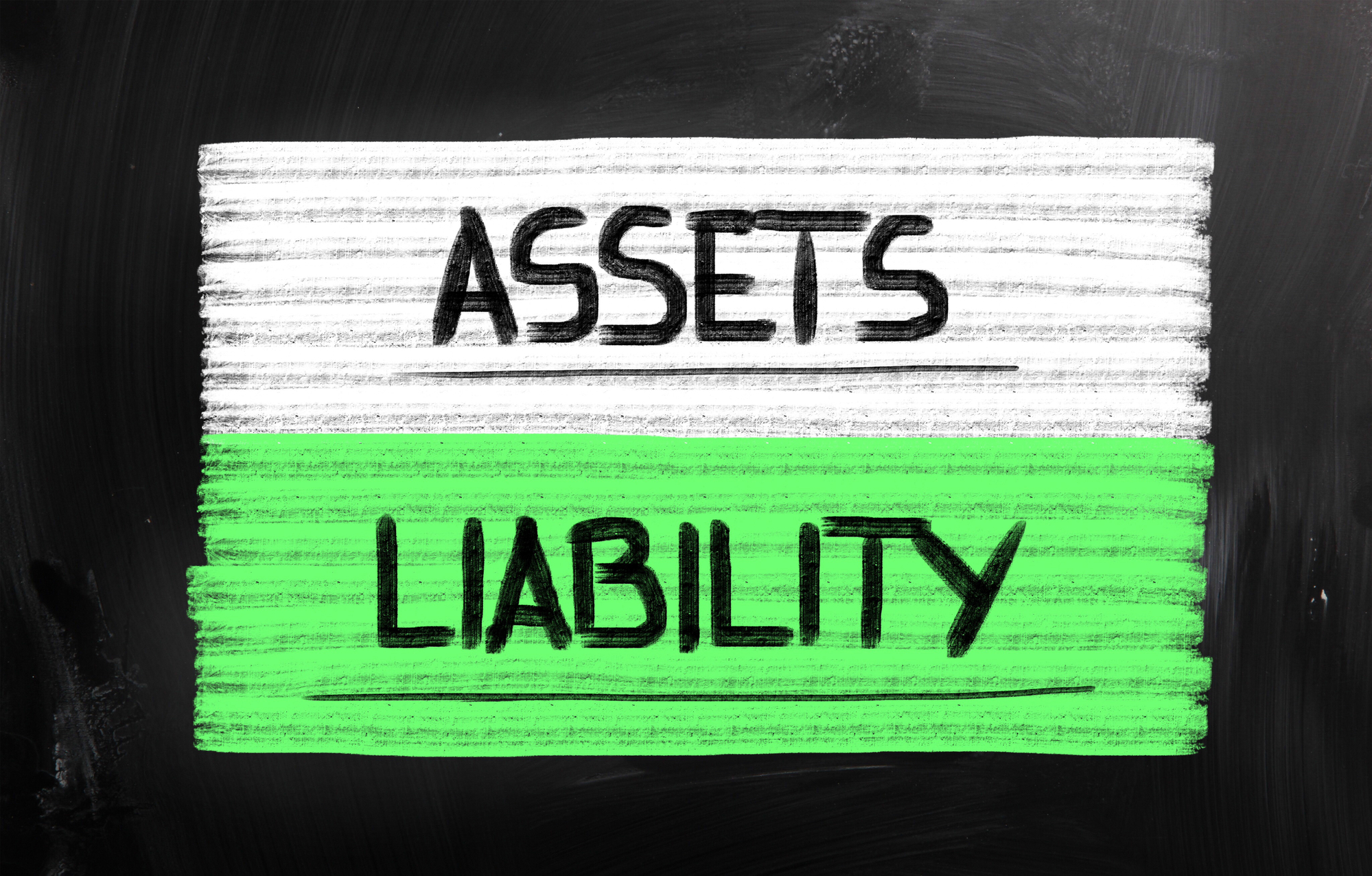Home inspections are crucial in any housing transaction, but for an investment property they can go a long way towards determining how lucrative the returns are.
Alice Soon, marketing manager of Pillar to Post, says that while investors have different objectives than end-users, it doesn’t negate the necessity of having a potential home purchase thoroughly inspected, especially because of how sensitive the numbers involved are.
“From an investment standpoint, you really have to make back your ROI, your cash flow, so you need that home inspection as an assurance, because, as an investor, you have totally different objectives and goals,” she said. “At the end of the day, you have to make sure that the numbers make sense, and that you’re not buying something you’re unprepared to renovate or fix.”
She added that because investors are landlords, they would be legally responsible should anything awry occur on the property, like an injury sustained because of a hazard.
“If something were to happen, as a landlord you’re 100% liable to the tenants in your unit, so you have to do your due diligence and check things,” said Soon.
Pillar to Post reports tend to run up to 50 pages and, for convenience, can be accessed electronically.
Sellers who have their homes inspected by reputable inspection companies position themselves favourably at the bargaining table, because they can either fix the issues or be completely forthright about them. That also helps sales agents close sales, too.
“Either way, you have a better chance of getting your asking price, and with transparency, the buyer will feel more trust and the transaction will tend to go smoother that way, rather than them bringing their guy in,” she said. “The transaction can deteriorate when they think you’re hiding things.”
Jay Fleming, a veteran sales agent with Royal LePage Your Community Realty, always recommends clients use a home inspector, even if the seller had a pre-listing inspection done.
“They’re around $400 and they’re worth the money because you know exactly what you’re buying into,” he said, adding that choosing the right inspector is equally important. “You can take the same house and have three different inspectors go in and do inspection reports and get three very different reports.”
Fleming added that longer home inspection reports are typically more trustworthy.
“If there’s a 10-page inspection report versus a 40-page one, you know the 40 one is a lot better because it will go into more detail,” he said. “The client is there for the entire inspection because the inspector is working for them, so the inspector will explain how the house works. Particularly, if the buyer is a first-time buyer who’s lived in apartments or condos their whole life, they have no idea how a house works.”
The biggest property problems, the best solutions! Subscribe today to receive the next issue of CREW!
https://www.canadianrealestatemagazine.ca/magazine/
Related stories:
Neil Sharma is the Editor-In-Chief of Canadian Real Estate Wealth and Real Estate Professional. As a journalist, he has covered Canada’s housing market for the Toronto Star, Toronto Sun, National Post, and other publications, specializing in everything from market trends to mortgage and investment advice. He can be reached at neil@crewmedia.ca.









